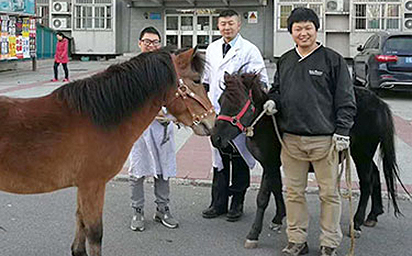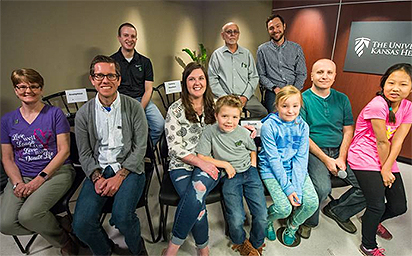
Paying it forward: K-Staters play a role in Kansas City’s longest kidney transplant chain
K-Stater Beth Krissek ’84 originally planned to donate a kidney to her friend, Cammy
Houston. However, Krissek ended up donating to a total stranger, and her act of kindness
played a role in Kansas City’s longest kidney transplant chain, which ultimately involved
a number of K-Staters.
A transplant chain matches a pool of donors with patients in need. Sometimes a person
who is willing to donate is not a match for their friend or loved one, but they can
give a kidney to another person, whose own intended donor may end up being a match
for someone else. The chain keeps going, helping the largest number of people possible.
The groundbreaking Kansas City procedure took place over two days earlier this year
and involved 10 procedures, transferring kidneys from five donors to five recipients.
“It was exciting and nerve-wracking,” Krissek said. “We were so cautiously optimistic
that all 10 of us were healthy enough to proceed. It was an exciting, amazing adventure.”
For Christyn Zins ’04, whose husband, Tony, also was involved in this chain, it was
a powerful example of K-Staters helping K-Staters.
“K-Staters have always been known to be kind-hearted, generous people,” she said.
“This only proves that even more. We are so thankful for our K-State family, and all
of those involved in the chain, Wildcats or not, are incredible human beings.”
Beginning the chain
According to the Kansas City Star, the story of Kansas City’s largest kidney transplant chain actually started last year
with a man named Jon Sink. He saw a post on Facebook about his wife’s co-worker’s
husband, Tony Zins ’05, who was experiencing kidney failure and desperately needed
a transplant.
Although Sink ultimately did not give his kidney to Zins, Zins received a kidney from
fellow K-Stater Craig Nelson ’04. Yet Sink was determined to keep the chain going
and ended up donating to Shawn Dawes, a man he had never met. In turn, Dawes’ wife,
K-State grad Jennifer Dawes ’08, offered to donate to someone else.
Nelson and Zins had gotten to know each other through their wives, who were sorority
sisters at K-State. Although Zins had previously received a kidney donation, his body
was starting to reject the original donation. He was having trouble finding a match
within his family, and Nelson said it was an easy decision to step in.
“It was a great, humbling experience,” he said. “It was a really good feeling. It
came from just helping out a good friend.”
‘The right thing to do’
This is where Beth Krissek’s part of the story comes in. She was already planning
to donate a kidney to her friend, Cammy Houston, but the process was delayed by Houston’s
unexpected need for a blood transfusion. Then, Krissek and Houston were approached
to see if they would like to be part of the growing transplant chain. As social workers,
Krissek said she and Houston felt compelled to join.
“It just kept feeling like the right thing to do,” Krissek said. “How can we not do
this? We’re paying it forward and helping more people.”
Houston received a kidney from Jennifer Dawes, and the chain kept going.
The need for donors
The Kansas City Star reports there are about 115,000 Americans waiting for an organ transplant, and about
20 of them die every day while waiting. About 80,000 of them are looking for a kidney.
Krissek and Nelson both said they hope the story of the transplant chain will raise
awareness about the need for living donors. Being part of a transplant chain saves
lives.
Christyn Zins said the transplant has already made an impact on her family’s quality
of life.
“We are doing great!” she said. “Tony is enjoying living life to the fullest again
with our two kids, ages 2 and 4, now that he’s not spending 12 hours a week at dialysis.
We are forever grateful to Tony’s donor, Craig Nelson, and his family for giving him
the ultimate gift.”
Nelson said he was honored to do his part.
“That was incredible,” he said of the experience. “That was mind-blowing.”
Learn more about becoming a kidney donor. View the full article from the Kansas City Star.
Photo: The University of Kansas Hospital completed a 10-person kidney transplant chain
in January. It’s the longest organ transplant chain in the region. Several of the
five donors and five recipients met each other for the first time April 20. (Front
row from left) Beth Krissek, Jonathan Sink, Jennifer Dawes and her son Peyton, Claire,
Dustin and Lilly Belton. (Back row from left) Shawn Dawes, Francis Belton and Craig
Nelson. (Credit: The Kansas City Star – photo used with permission)

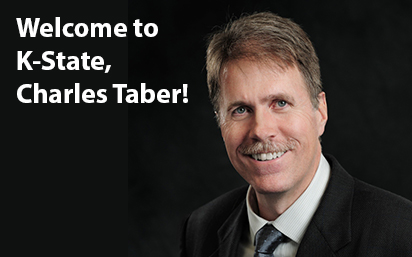
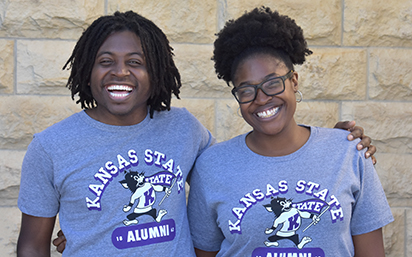
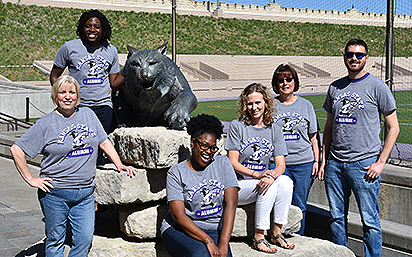
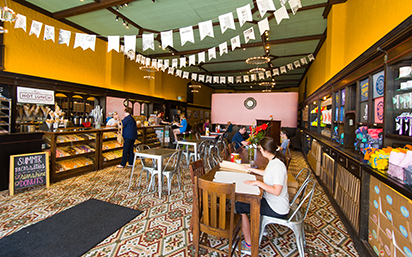
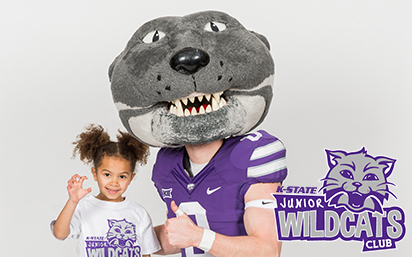
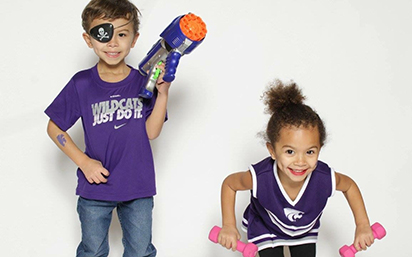 Age:
Age: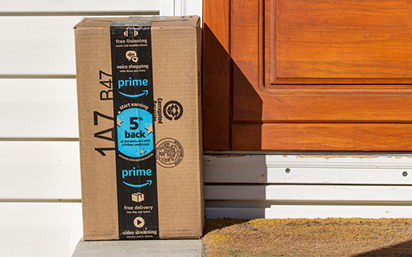
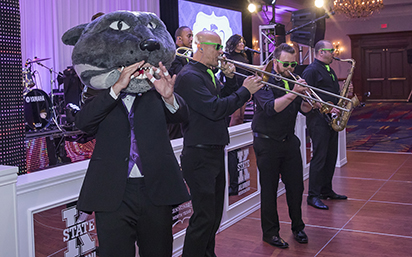
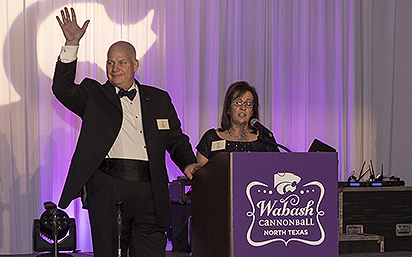
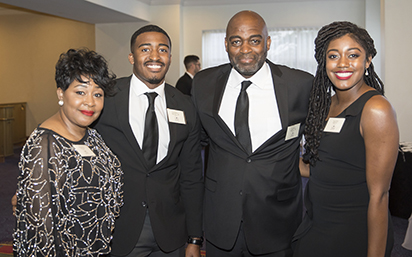
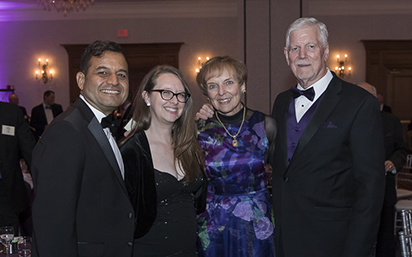
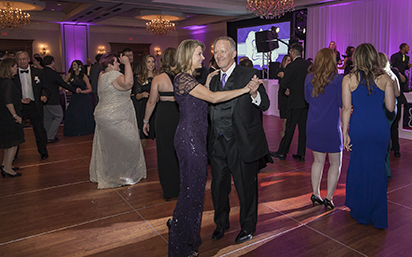
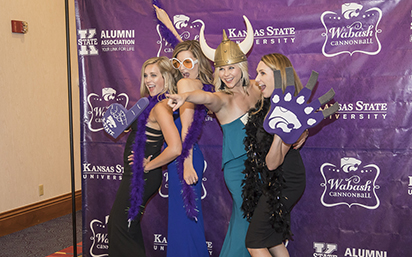
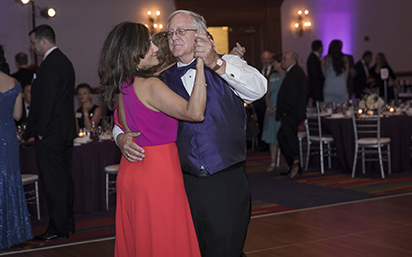
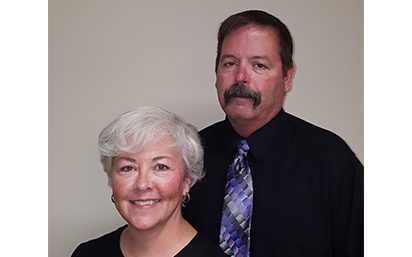
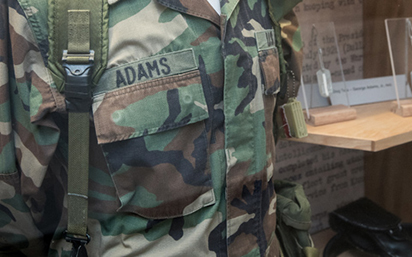
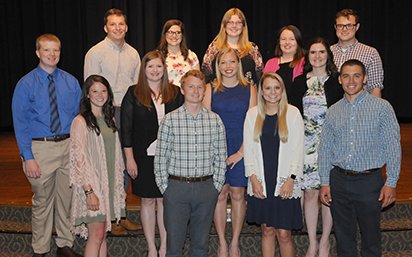
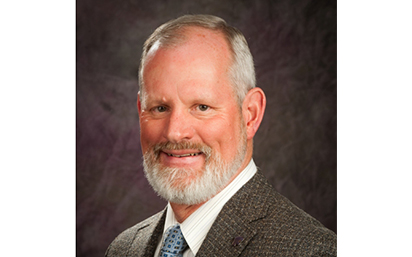
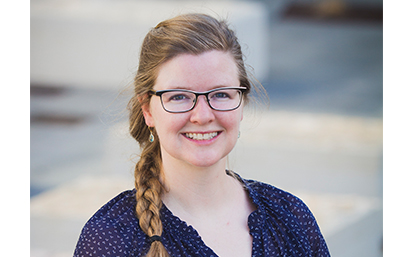

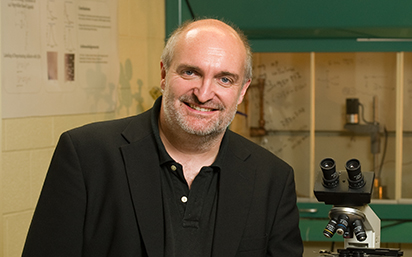
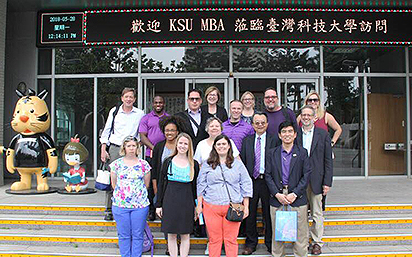
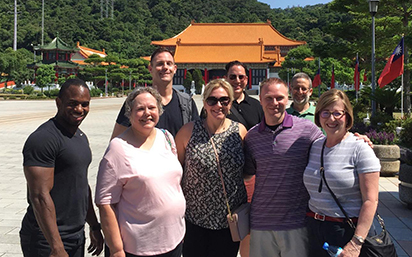
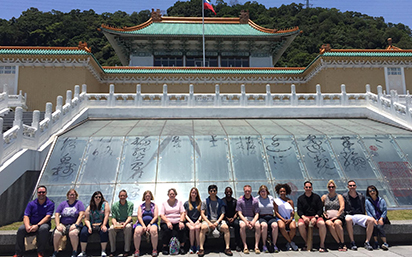
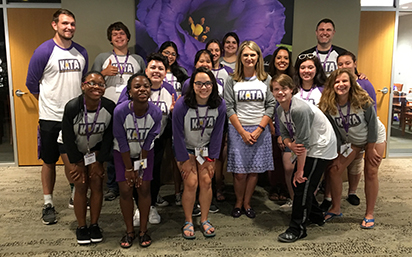
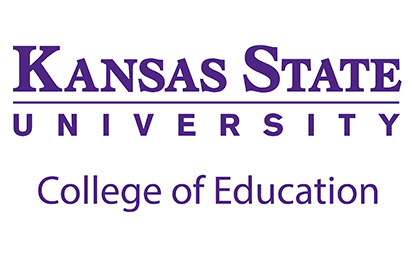

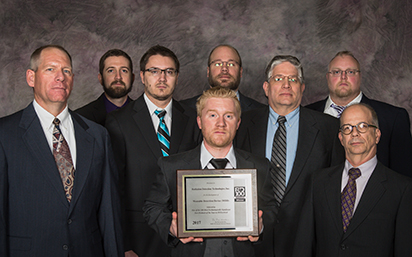
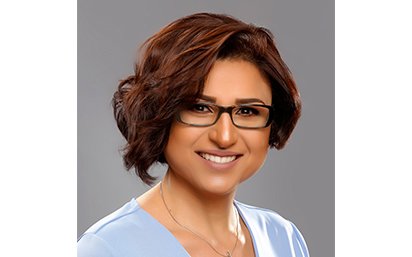
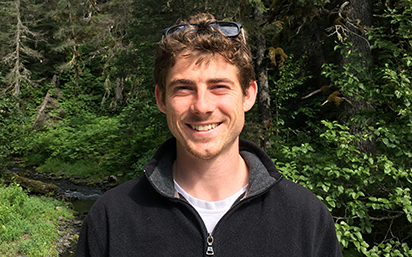
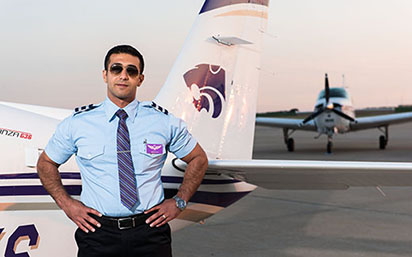
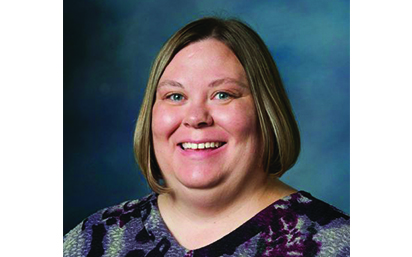
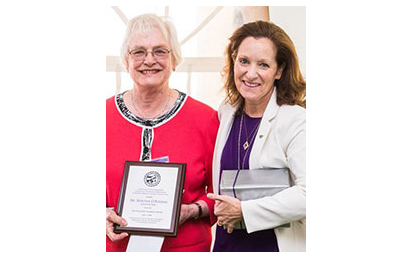
 Dr. Michael Moore ’66, ’68,
Dr. Michael Moore ’66, ’68,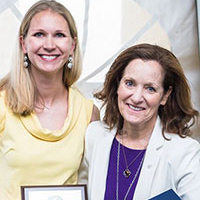 Dr. Kathleen Ritzmann ’08
Dr. Kathleen Ritzmann ’08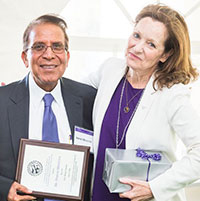 Dr. Harish Minocha
Dr. Harish Minocha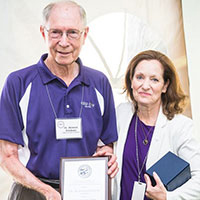 Dr. Howard Erickson ’59
Dr. Howard Erickson ’59